Welcome to the Marvelous City

Hills at sunrise on Morro Dois Irmãos.
One month has passed since I first arrived in Rio de Janeiro and I’m finally adjusting and getting over the cultural shock that inevitably came after living for more than two years in the Scandinavian cold. These first weeks have been a time of discovery and even though a lot of things have caught my attention, there are five in particular that I wanted to share with you.
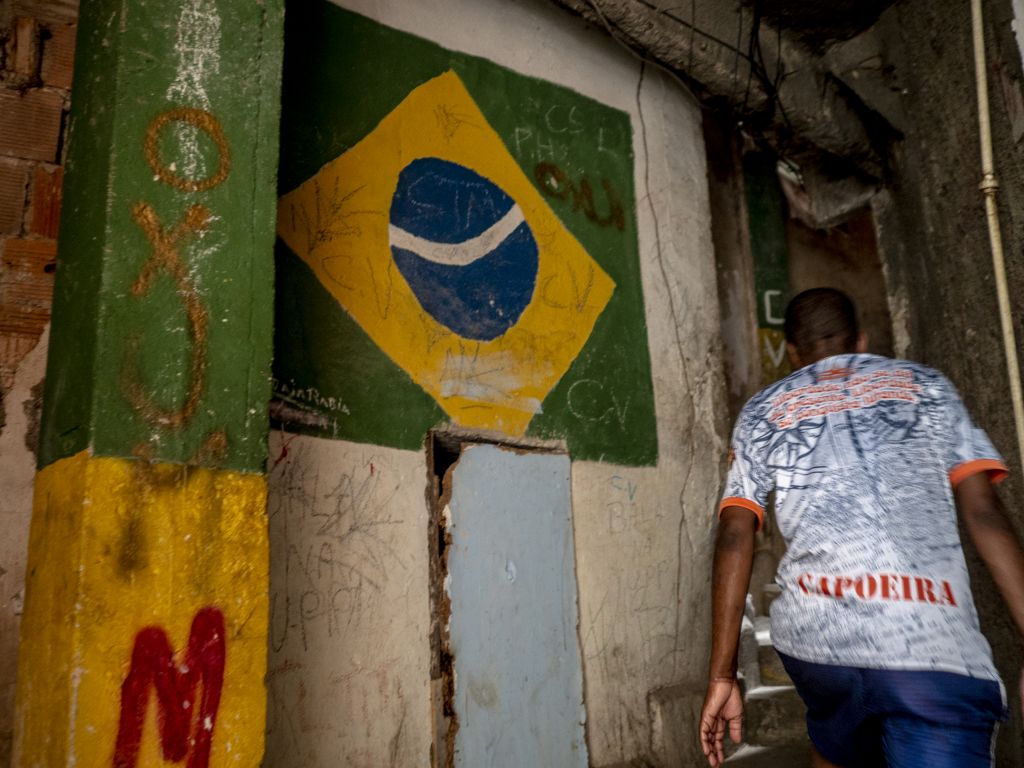
A man walking in the alleys of Favela Santa Marta. (Photo: Daiana Contini)
1. Diversity
This is for sure the thing that strikes me the most and that would most probably strike anybody who is used to living in a relatively homogeneous country such as Denmark. Brazilians come in all shapes and colors.
Being half-Dominican, this is something I have seen before in countries with a long history of colonization and slavery. However, every time I’m left in awe by the tumultuous variety of ethnicities you can spot just by walking down the street.
In Europe, we’re generally used to putting people in boxes based on their skin color, because dark-skinned people tend to be minorities in our countries. In Brazil, you need to leave those preconceptions behind because literally anybody could look Brazilian.
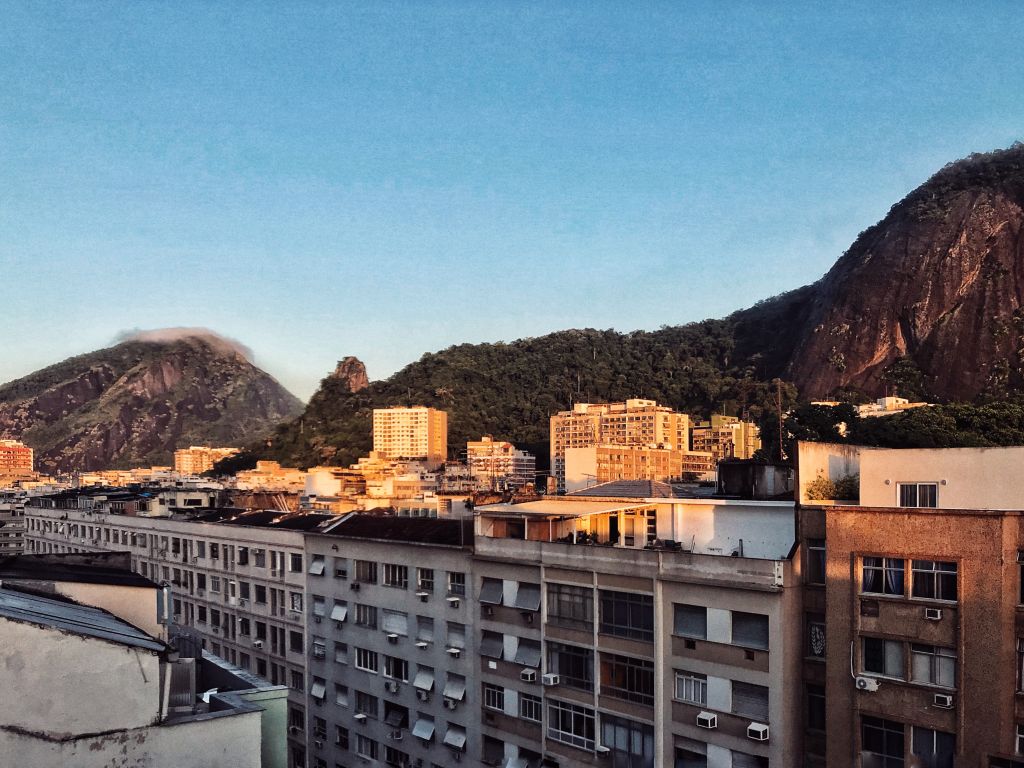
Hills overlooking Copacabana. (Photo: Daiana Contini)
Nevertheless, Brazil has a huge problem of discrimination, inequality and segregation. So you might notice that some places (and some cities) are predominantly white, other spaces that are predominantly black, and then there are what you could call democratic places, like the beach for example, where you see all possible shades of skin, hair and eye color. This last kind of place is definitely the most vibrant and beautiful to be in!
2. Inequality
I’ve often come across people who regard Latin America as a poor third world region. However, the region as a whole is relatively rich, which is due to their natural resources.
If we imagined Latin America as an income class, they would be the middle class of the world. However, what makes it problematic is the extreme inequality in the countries in this region, and Brazil is no better. This is something very visible in Rio de Janeiro, a city where the predominantly black population of the northern regions and the European descendants of the south come together.
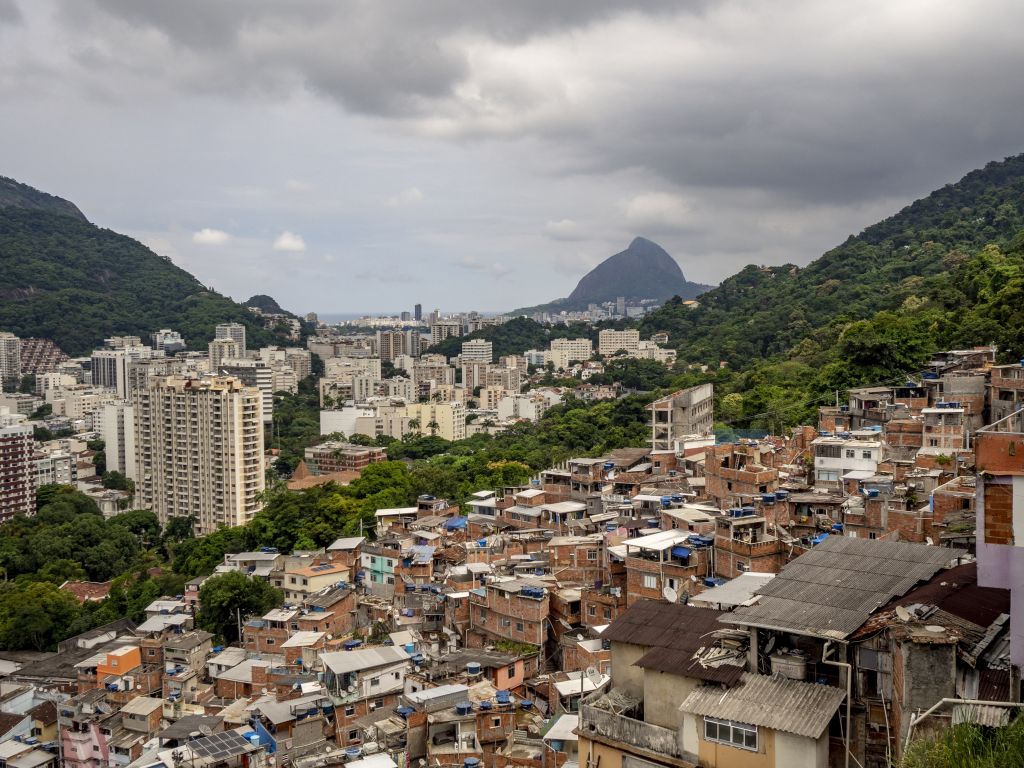
Favela Santa Marta overlooking Botafogo. (Photo: Daiana Contini)
Walking around the city one can see how low- and high-income realities are almost weaved together, which is a consequence of Rio’s geographical setup. You might be walking through a nice green alley with high-end houses and doormen 24/7 and then turning the next corner you could end up in a working class low-income complex. Implementing ‘ghetto laws’ like the ones in Denmark would be physically impossible here!
3. Noise
When I first moved to Copenhagen from Italy, I was shocked by how quiet the country was.
Everybody would speak so quietly that sometimes I needed to ask them to repeat themselves because I couldn’t hear what they said. Eventually I got used to it, and I started speaking more quietly myself and became more sensitive to people talking loudly.
Well, in what people would call ‘reverse culture shock’, I’ve been getting mistakenly alarmed a few times when people next to me in the streets would start shouting, maybe just to express joy, to greet a friend on the opposite side of the street, or on the phone.
The same goes for the car horn, which is used so frequently that I’m not sure of its function anymore!
4. Fruit, fruit, fruit ..and Açai!
This is something that did not surprise me, but definitely made me happy.
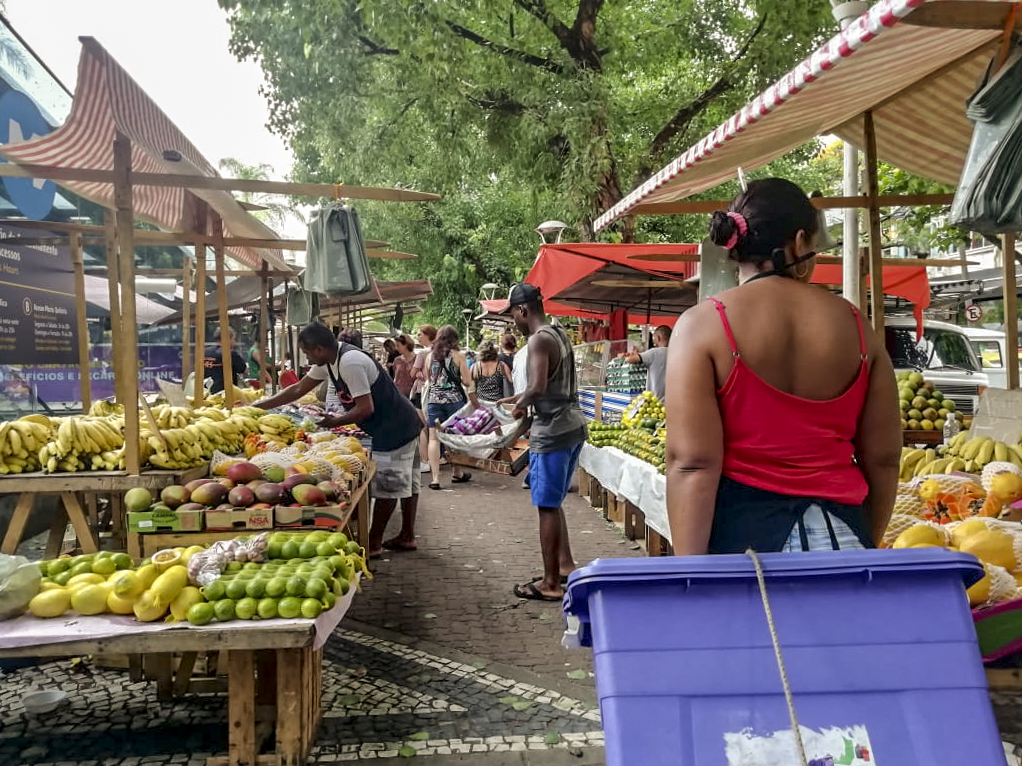
Fruit market in Ipanema. (Photo: Daiana Contini)
Fruit is everywhere. On the trees, in the streets, in supermarkets, at the beach, and in my tummy! Thanks to the tropical weather, the city offers an incredible variety of fruit. Some varieties only grow here and you’ve probably never heard of most of them.
For example, did you know that chocolate is made from the seeds of the ‘cacau’ fruit? When you open a fresh cacau fruit, you’ll find cocoa seeds inside (which you can eat raw) covered with the white creamy pulp of the fruit, and it’s delicious!

Açai bowls. (Photo: Daiana Contini)
One fruit in particular that I’ve become addicted to is açai, which is usually served frozen in bowls, and topped with granola and banana. Açai bowls are becoming increasingly popular in Europe too. Needless to say that in Brazil they are at least 10 times cheaper and 20 times more delicious.
5. Nature and the city
One of the reasons Rio de Janeiro is called Cidade Maravilhosa (the Marvelous City), is because of its breathtaking landscape.

Botafogo Bay. ( Photo: Daiana Contini)
The city is perfectly intertwined with the ocean and the surrounding green hills. It’s truly marvelous to walk around the streets of Zona Sul (the South Zone) and suddenly encounter a big hill standing there in the middle of residential buildings. You turn around and everything you see is nature.
Do you feel like going swimming or surfing? The ocean is just there waiting. You want to go for a hike? The hills are ready to welcome you and offer the most beautiful views.
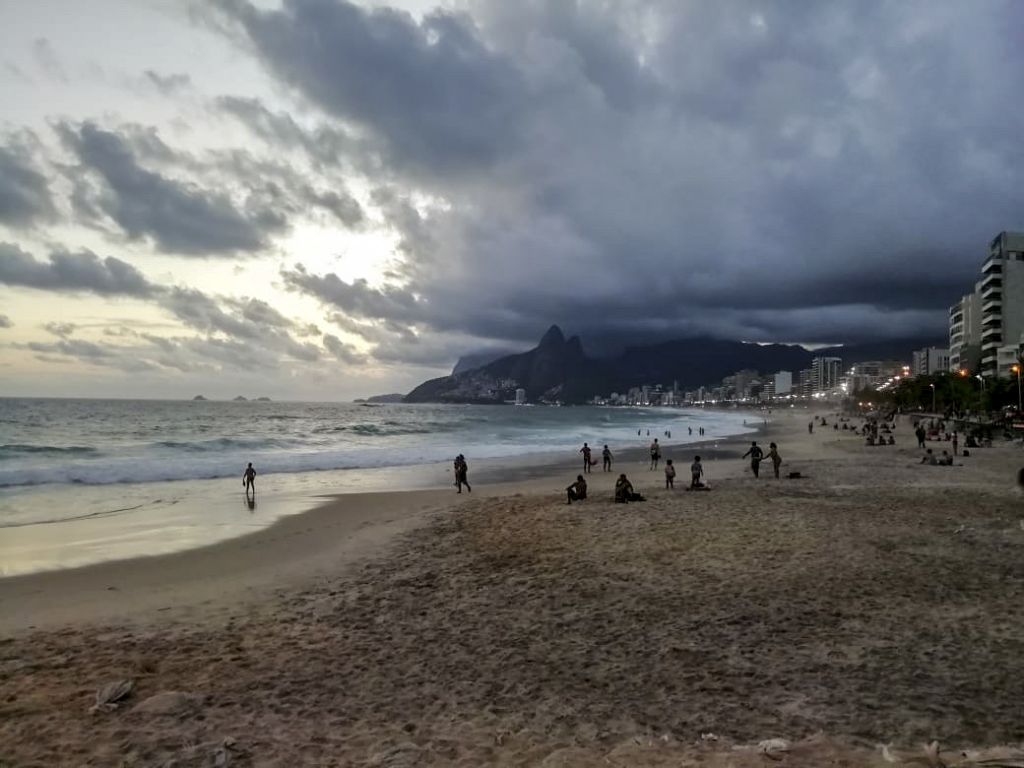
Ipanema Beach. (Photo: Daiana Contini)





































































































































Comments